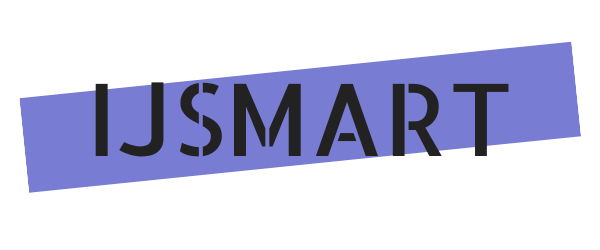Examination of the 3x2 Achievement Goal Model in Recreational Sport: Associations with Perceived Benefits of Sport Participation
Leeann M. Lower, Tarkington J. Newman, William S. Pollard
Year: 2016 Volume: 26 Issue: c
Pages: 44-53
Abstract: Collegiate recreational sports facilitate critical achievement-oriented activities that contribute to student development on college campuses. Achievement goal theory serves as a framework for understanding the motivation that guides one’s behavior towards desired achievement-related outcomes (LeUnes, 2008). The 3×2 achievement goal model postulates six distinct goals (task-approach, task-avoidance, self-approach, self-avoidance, other-approach, other-avoidance; Elliot, Murayama, & Pekrun, 2011). As achievement goals have been associated with both positive and negative outcomes of sport (Gucciardi, Mahoney, Jalleh, Donovan, & Parkes, 2012; Kavussanu, White, Jowett, & England, 2011), further investigation through a more precise measure of achievement goals is warranted. Therefore, the current study sought to examine the relationships between achievement goals and perceived benefits of recreational sport participation, using the 3×2 model. A questionnaire was administered to 907 recreational sport participants at a post-secondary institution in the United States. Using structural equation modeling, the researchers found the task-approach goal to have a positive, significant relationship with perceived benefits of recreational sport participation (i.e., social, intellectual, fitness). Conversely, all other achievement goals indicated a non-significant relationship with perceived benefits. The findings demonstrate the utility of the 3×2 achievement goal model in recreational sport and help inform intentional programming and staff practices to enhance student development.
